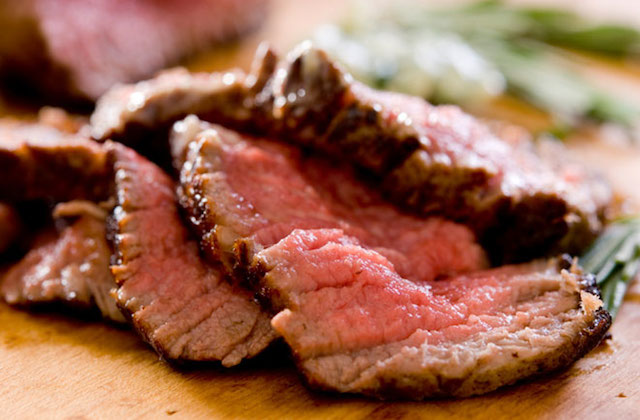Why Do We Need Iron When We’re Pregnant?
As your body produces more blood during pregnancy (as much as 50% more), you need more iron than ever to help carry the oxygen and nutrients to the growing fetus. By week 20 you have pretty much depleted the stored iron in your body, and conveniently this is when your baby needs the most new red blood cells.
Having too low levels of iron puts you at risk for anemia during pregnancy. This will make you feel tired, have poor concentration and an increased risk of infection. Excessive low levels of iron can cause premature birth and low birth weight in your baby.
Iron in food
There are two types of iron in food: Iron from animals (called haem iron) and iron from plants (called non-haem iron). Haem iron is taken up by the body about 10x better than non-haem iron. When it comes to iron from animals, the redder the meat the better. If you are a vegetarian you need to make sure you eat more of the non-haem iron to get enough nutrients in your system.
Vitamin C is iron’s best friend. With each meal add in some orange juice, a clementine or a kiwi – anything that contains vitamin C and will help your body absorb more iron.
In addition you will want to avoid foods during your meal that prevent iron from being absorbed. Tea, coffee, calcium, herbal and other medications can block plant iron from being absorbed by the body.
Pregnant women are recommended to get at least 27 mg of iron with no more than 45 mg. Most prenatal vitamins contain at least 30 mg of iron.
Iron rich foods
These are only a select few of the many foods that can help add iron to your diet.
Meat
- Lean beef
- Chicken
- Lean Pork
- Egg
- Kidney beans
- Baked Beans
- Tofu
Breads
- Iron fortified breakfast cereals
- Oats
- Wholegrain bread
Vegetables
- Spinach
- Asparagus
- Green beans
- Green peas
Fruit
- Dried Apricots
- Prunes
- Fresh Fruit
Nuts
- Cashews
- Pistachios
- Almonds
- Natural Peanut Butter
Good luck adding in more iron to your diet!

